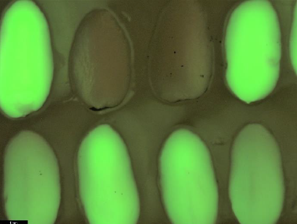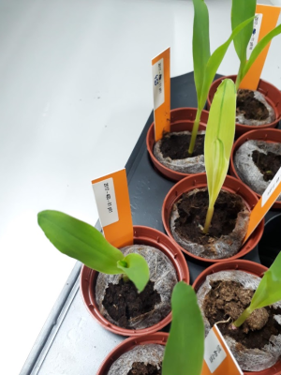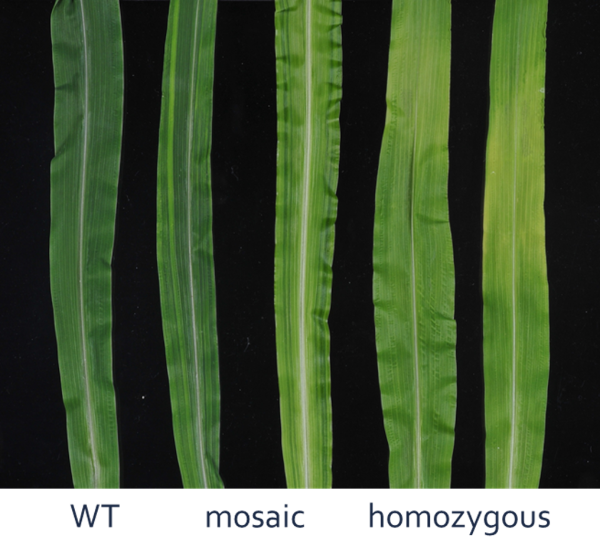Gene editing
CRISPR/Cas-based gene editing has revolutionized plant research and breeding. A major advantage of the technology is the ability to multiplex and target multiple genes simultaneously. In our research we are combining multiplex gene editing with doubled haploid breeding to rapidly generate homozygous edited lines. We are further developing technologies related to haploid induction, haploid identification and transgenerational gene editing. Finally, together with the Jacobs lab we are implementing novel CRISPR-based technologies such as base editing in maize.



Selected publications
- Impens L., Lorenzo C.D., Vandeputte W., Wytynck P., Debray K., Haeghebaert J., Herwegh D., Jacobs T.B., Ruttink T., Nelissen H., Inzé D. and Pauwels L.* (2023). Combining multiplex gene editing and doubled haploid technology in maize. New Phytol. 239, 1521-1532.
- Impens L., Jacobs T.B., Nelissen H., Inzé D. and Pauwels L.* (2022). Mini-review: Transgenerational CRISPR/Cas9 gene editing in plants. Frontiers in Genome Editing 4, 825042.
- Lorenzo C.D.°, Debray K.°, Herwegh D., Develtere W., Impens L., Schaumont D., Vandeputte W., Aesaert S., Coussens G., De Boe Y., Demuynck K., Van Hautegem T., Pauwels L., Jacobs T.B., Ruttink T., Nelissen H. and Inzé D.* (2023). BREEDIT: a multiplex genome editing strategy to improve complex quantitative traits in maize. Plant Cell 35, 218-238.
